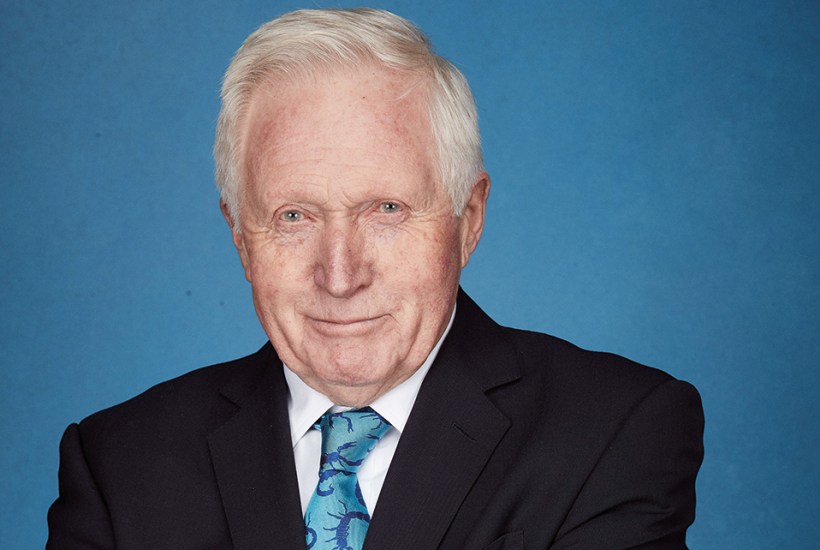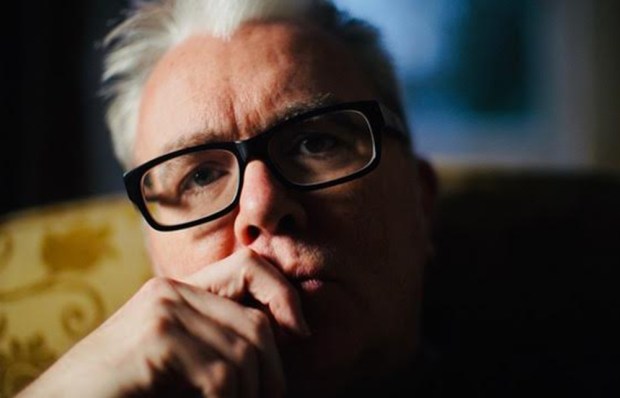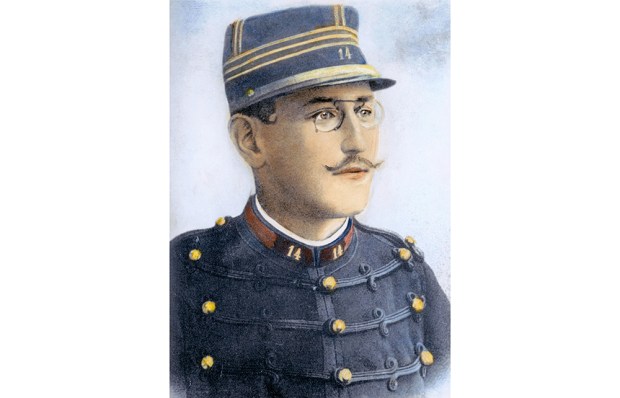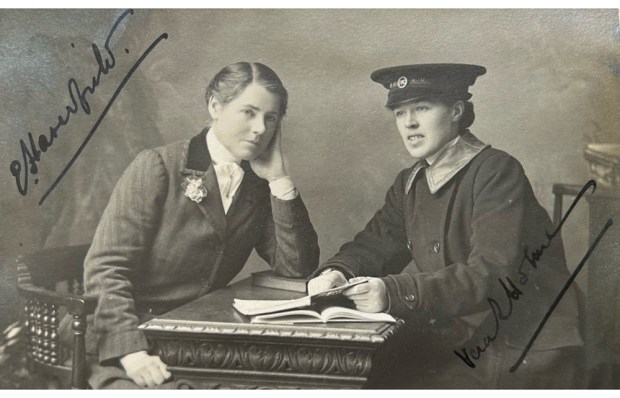In Keep Talking, David Dimbleby takes us through a gentle romp of a stellar, unrivalled broadcasting career spanning, incredibly, 70 years. There are no great revelations (even the name of the BBC boss who tried to fire him from Question Time is withheld), no dramatic insights to make us rethink well-known events, no ponderous thoughts on broadcasting for media studies students to pore over (andthe book is all the better for that).
As the face of the BBC’s coverage of our most important national events over the decades, from general election nights to every major royal ceremony, Dimbleby has been authoritative, well-informed, impartial and appealing. These middling memoirs – more a light recounting of his career’s high (and some low) points than an exhaustive auto-biography – are all that, and more.
Just occasionally we get a glimpse of stocking, but it’s not exactly shocking. Looks like he’s more of the mainstream metropolitan centre-left than the moderate one-nation Tory many suspect him of being – which is hardly surprising, given that moderate metropolitan leftism is the guiding ethos of the BBC. It turns out, for example, he’s a fan of proportional representation (yawn) for all the reasons the Liberal Democrats have been churning out, to no great effect, for generations. He admits it would have destroyed the drama of his election shows (since it’s unlikely there would be an overnight result under PR), but, selflessly, thinks that a price worth paying so that more people’s votes would count. He does not deal with the downside: that PR can result in post-election brokering to form a government over which voters have no say, and whose outcome (as in several European democracies) is the deckchairs being rearranged with the same people still sitting in them.
More interesting, and perhaps surprising, is that Dimbleby is a bit of a closet republican, detesting the ‘bowing and the scraping’ and flummery surrounding royalty. Above all, he hates deference, which he finds ‘unsettling… why should one person feel bound to bow or curtsey to another?’ He is sufficiently self-aware to admit this sounds strange coming from a broadcaster whose live ‘Voice of God’ commentaries on royal events have for so long been a model of deference and respect, making him ‘part of the support system ofthe monarchy’.
He recognises that republicanism is a lost cause for now in Britain, and falls back on the well-worn alternative to the status quo of a pared-back monarchy. But you get the impression he wouldn’t mind if the whole royal panoply were swept away. I suspect he wants us to know this to readjust our image of him as the consummate establishment man (Charterhouse, Oxford, Bullingdon Club, BBC). He comes from broadcasting aristocracy. His father Richard was already the country’s most famous and accomplished broadcaster by the time I started watching TV on our two-channel, black-and-white set as a wee lad in the mid-1950s.
Naturally, Dimbleby is defensive about the suggestion that this gave him a leg-up in his career, though his dismissal of nepotism is not entirely convincing. True, as he writes, his father, for all his fame and position, could not guarantee him broadcasting jobs. But the name obviously opened doors and provided access to vital contacts not available to mere mortals among the public-school, Oxbridge clique which then dominated the BBC (and still does to some extent). It cannot be mere coincidence that his brother Jonathan also seamlessly entered the broadcasting world.
But there can be no doubt that David succeeded on his own abilities. For all the power of the Dimbleby name, he would not still have been anchoring the 2017 election night coverage (having started with the 1979 election) if he were not simply the BBC at its best – on every major national occasion. He brought a calm authority to his broadcasting. He was unflappable because he’d done his homework; unfailingly polite, even when faced with politicians bent on obscuring the truth; and genial even at 4 a.m, as the late election results came in. For a generation of viewers he’d become a more familiar part of our constitution than the Speaker of the House of Commons.
But if the public knows him best as a trustworthy anchor, his career has been much more than that. He’s done more than his fair share of proper reporting far from the studio, from spending time with the Ku Klux Klan in America’s segregationist south, to reporting on apartheid South Africa, to filming undercover in then Stalinist Albania. He’s interviewed most of the major political figures of our time, domestic and foreign, and has wise words to say about the importance of the long-format interview in holding politicians to account, which, inexplicably, British TV channels have largely junked, despite their supposed commitment to public-service broadcasting. ‘Brevity may be the soul of wit,’ he writes, ‘but it is death to a political interview.’ He is scathing about those who aspire to govern us but won’t be scrutinised in proper interviews. (Tell me about it!)
Aficionados of Question Time and the broadcasting of major events will find plenty of fascinating detail on what goes on behind the scenes as he pulls back the curtain, even if no dirt is dished. And he has a sense of mischief and fun which his demeanour as an imperturbable presenter has somewhat obscured.
The last chapter is devoted to a defence of the BBC. Dimbleby is by no means blind to its deficiencies – the recent massive scandals involving Jimmy Savile and Martin Bashir are pretty hard to ignore – but, unsurprisingly, thinks that overall the BBC is a good thing. And it is. As he points out, it is one of the few institutions that really does justify the otherwise overblown concept of British exceptionalism. He believes the rest of world adores and envies it – though that may tell you more about the folks the British elite mix with when they go abroad than reality.
But you would not invent the BBC today.And the situation has changed to such an extent that it will soon become impossible to sustain any broadcaster on a funding model created in the year Lenin was rolling out his New Economic Plan.
If the best of the BBC is to survive it will need to change – and change radically. But on that Dimbleby is as silent as the rest of the broadcasting establishment. On its present trajectory, the BBC is in slow, dignified but inevitable and remorseless decline. David Dimbleby was at the top of his game during its glory years. It was a magical combination, both for himself and the institution. Already it seems like a bygone age.
The post David Dimbleby turns out to be a bit of a closet republican appeared first on The Spectator.
Got something to add? Join the discussion and comment below.
Get 10 issues for just $10
Subscribe to The Spectator Australia today for the next 10 magazine issues, plus full online access, for just $10.
You might disagree with half of it, but you’ll enjoy reading all of it. Try your first month for free, then just $2 a week for the remainder of your first year.














Comments
Don't miss out
Join the conversation with other Spectator Australia readers. Subscribe to leave a comment.
SUBSCRIBEAlready a subscriber? Log in